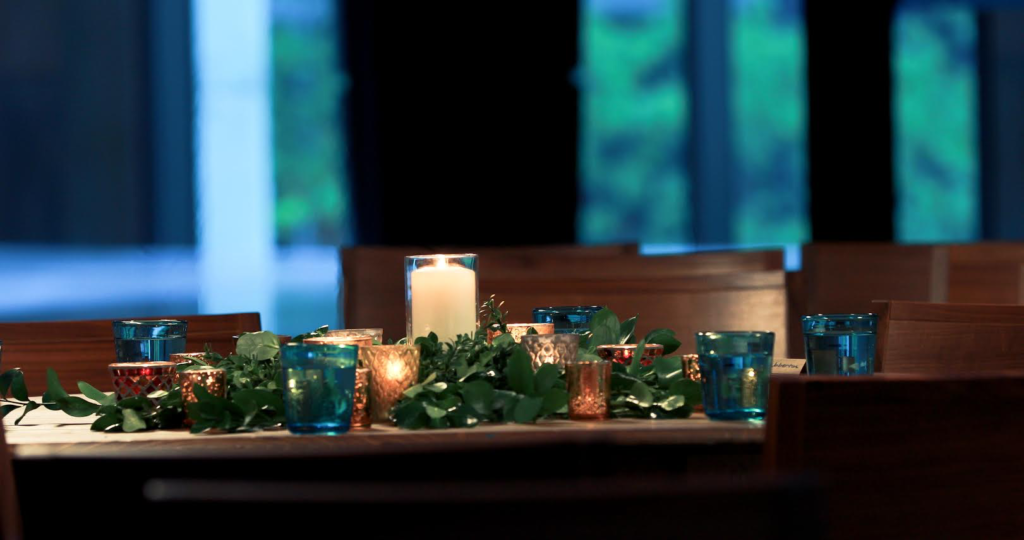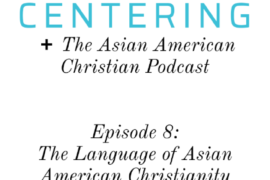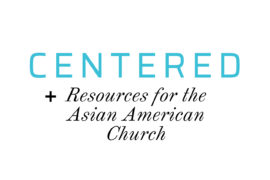[This Advent season, Centered is sharing Asian American Christian reflections on the topic of “Advent and Empire”. Just as the birth of Christ brought peace and deliverance, we hope these entries can speak God’s truth into our times.]
I was born here, and yet I do not feel totally comfortable here.
The leader of our land thinks he is so great and even claims to have the same religion I do, but I feel we are so at odds.
People think they get me, but they don’t know the half of it. I’m not even sure I get myself.
What do I want to get better? Uh, how about everything?
You might think I wrote the above to express some of the challenges Asian American Christians face today, given our unique position in American society. And you wouldn‘t be wrong.

Many Asian Americans were born here, yet are made to feel like foreigners in our own land when we encounter situations that range from microaggressions (“Where are you from?”) to more overtly sinister experiences (discrimination in college admissions and career advancement, lack of access to justice in the legal system, racially-motivated murders, etc.). If you are an Asian American Christian, you may be concerned about the salvation of the purportedly Christian executive at 1600 Pennsylvania Ave., whose megalomania, pettiness, and penchant for lying you find perplexing, but which have not seemed to dent the almost monolithic support he continues to enjoy among White evangelicals (and the Christian music industry).
AAPI’s are complex…. There is so much to unpack that we are not even sure if we get ourselves sometimes!
AAPI’s are complex beings, each with our own unique combinations of cultural heritage, migration history, “American” culture, and racialization permeating and affecting our lives that we reflexively bristle when anybody outside one of our own claims to understand us. There is so much to unpack that we are not even sure if we get ourselves sometimes!
But, there is a twist.
In my study of history, I’ve learned that certain Jews around the time of Jesus’ birth might themselves have resonated with the thoughts in my opening statement. These Jews had a purportedly Jewish leader of their land who thought he was so great that he called himself “Herod the Great.” I am unsure whether Herod had a “Make Judea Great Again” hat, but he did a lot of pro-Jewish building projects, including renovating the (Second) Temple and expanding the Temple Mount. He married a Hasmonean (Jewish) princess. But he also later had that same wife killed. And he ordered the massacre of the innocents after being duped by the Magi. He may have been a Jew on the outside, but he was also a snake, a Roman-appointed “King of the Jews” who set out to destroy God’s appointed “King of the Jews,” Jesus.
Something else I learned is that there was a considerable diversity of Jews at the turn of the common eras. There were Hebraic Jews; there were Hellenistic Jews; there were Idumeans, who were basically forced to convert to Judaism; there were Pharisees; there were Sadducees. “Where are you from?” was probably asked a lot, and with the answer came certain assumptions. Consider the assumptions that might accompany a certain Jew who answered the question in these ways: Bethlehem (Small town guy), Egypt (What did you do wrong?), Nazareth/Galilee (Loser, destined at best for mediocrity). Such a story reminds me of a friend of mine who might answer the question in these ways: Saigon, a refugee camp in Thailand, Los Angeles, Nashville. It would not surprise me if any other Jew but Jesus at that time had some difficulty navigating “Jewish” culture, not to mention Greco-Roman culture, given the challenges of one’s unique mix of cultural heritage and migration history.
…it is only natural to place yourself in the shoes of some of the drama’s players, and where you place yourself matters…
My point is, perhaps I am not so different from the Jews who were awaiting their Messiah approximately two millennia before. Of course, Jesus came for everybody—Romans, Jews, Americans, Asians, etc. But when you listen to the story of Advent, I think it is only natural to place yourself in the shoes of some of the drama’s players, and where you place yourself in the story matters. Are you Herod? Are you a shepherd, blindsided by the announcement of Jesus’ birth? Are you Anna and Simeon, eagerly expecting Him, and perhaps misunderstood or labeled as crazy by other Jews?
In this Advent season, I find myself standing with a new sense of solidarity with those peculiar Jews who were crying out for their Messiah, who saw a world of problems that only a Savior from above could truly set right. And, I find myself standing in solidarity with AAPI’s along with a rich, diverse body of believers today who eagerly await the Second Advent, when Jesus makes His glorious return to Earth.



1 Comment
Pingback: japanese trap hip hop